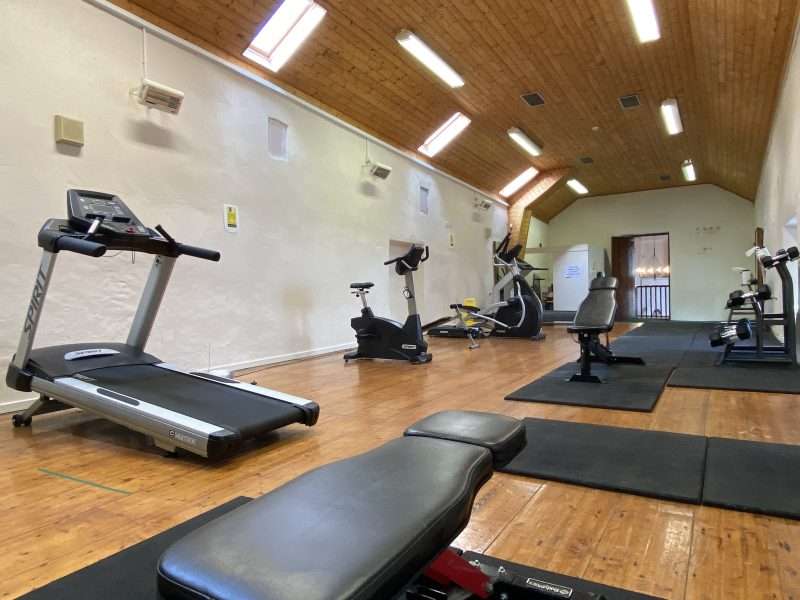
Addiction Treatment for Women
How Are Women Affected by Addiction?
The way women are affected by alcohol or drug addiction and go on to deal with the symptoms of addiction can be significantly different from men. Women often face unique challenges in their battle with drug or alcohol addiction, including societal stigma, emotional and hormonal differences, and specific life circumstances such as pregnancy or motherhood. These factors not only affect the onset and pattern of addiction in women but also influence their journey to recovery.
Addiction is an issue that can affect women of any age, culture and background. Studies have shown that women may become addicted differently and respond to substances differently compared to men.
Faster progression to dependence: Women often develop addiction more quickly than men, partly due to hormonal influences that enhance the brain’s response to drugs and alcohol.
Body composition: Women generally have a higher fat-to-water ratio and metabolise alcohol and drugs differently, leading to higher blood concentration levels and stronger effects.
Hormonal influences: Fluctuations in oestrogen and progesterone can affect how women experience cravings, withdrawal, and the impact of substances.
Additionally, women may have a higher likelihood of experiencing cravings and relapse, which are critical aspects of the addiction cycle. Understanding these distinctions is crucial in addressing the issue of addiction among women effectively.
Why Can Addiction Develop More Quickly in Women than Men?
Studies have shown that women often move more quickly from initial substance use to addiction than men, even when using smaller amounts. This faster addiction progression has been observed with substances such as alcohol, opioids, stimulants, and cannabis. One possible reason is the influence of hormones like oestrogen, which may heighten the brain’s response to the rewarding effects of drugs and alcohol. This is known as the ‘telescoping’ effect.

Download our Brochure
Help & Treatment Specifically for Women
The need for treatment tailored specifically to women cannot be overstated. A one-size-fits-all approach in addiction treatment often fails to address the unique challenges and needs that women face. Gender-specific treatment programs offer an environment where women feel more comfortable and understood. These programs consider factors like childcare, pregnancy, trauma, and relationship issues, which are more prevalent in women with addiction.
Moreover, treatment tailored for women often incorporates therapy that addresses self-esteem, body image, and empowerment – areas where many women struggling with addiction also face challenges. Such an approach not only aids in overcoming addiction but also fosters overall personal growth and healing, paving the way for a more sustainable recovery.
Women’s Only Group Therapy at Smarmore
Recognising the importance of gender-specific treatment, Smarmore Castle offers women-only group therapy sessions. These sessions provide a safe and supportive environment where women can openly discuss their struggles with addiction without the fear of judgment or misunderstanding. In an all-female setting, participants are often more comfortable sharing personal experiences related to womanhood, such as motherhood challenges, and societal pressures, or trauma.
Women’s only group therapy at Smarmore Castle is designed to foster a sense of community and mutual support, crucial in the recovery process. This form of therapy allows women to learn from each other’s experiences, gain different perspectives, and develop coping strategies that are particularly relevant to their needs as women.

Other Therapies We Offer to Help Women in Recovery
Smarmore Castle provides a range of holistic therapies designed to support women in their journey to recovery. These therapies address the physical, emotional, and spiritual aspects of addiction, contributing to a more comprehensive and effective treatment plan.
- Cognitive Behavioural Therapy (CBT): CBT helps women identify and change negative thought patterns and behaviours associated with addiction. This therapy is particularly effective in addressing issues like anxiety and depression, which are common among women struggling with addiction.
- Family Therapy for Women: A women’s identity can be firmly rooted within family dynamics, through their role as partner, wife, mother, daughter, sister. Involving family members in the therapy process can be highly beneficial. This therapy helps in repairing relationships and building a supportive home environment conducive to recovery.
- Art and Music Therapy: These creative therapies provide women with alternative ways to express their emotions and experiences. They are particularly useful in helping women who may have difficulty articulating their feelings through traditional talk therapy.
- Yoga and Mindfulness: These practices aid in reducing stress and improving mental clarity. They are vital in helping women develop a stronger connection with their bodies, often disrupted by addiction.
- Equine-Assisted Therapy: Working with horses can be incredibly therapeutic, offering women unique insights into their emotions and behaviours. This therapy helps in building confidence, empathy, and non-verbal communication skills.



At Smarmore Castle, we recognise the unique challenges faced by women in addiction and recovery. By offering specialised therapies in a supportive and understanding environment, we aim to provide the women we treat with the tools and support they need to overcome addiction and embark on a path to a healthier, more fulfilling life.
References
NIDA – Sex and Gender Differences
Towers EB, Williams IL, Qillawala EI, Rissman EF, Lynch WJ. Sex/Gender Differences in the Time-Course for the Development of Substance Use Disorder: A Focus on the Telescoping Effect. Pharmacol Rev. 2023 Mar;75(2):217-249. doi: 10.1124/pharmrev.121.000361. Epub 2022 Dec 12. PMID: 36781217; PMCID: PMC9969523.
Schedule Your Assessment
If you or a loved one are struggling, our team is here to help – contact us in confidence today.